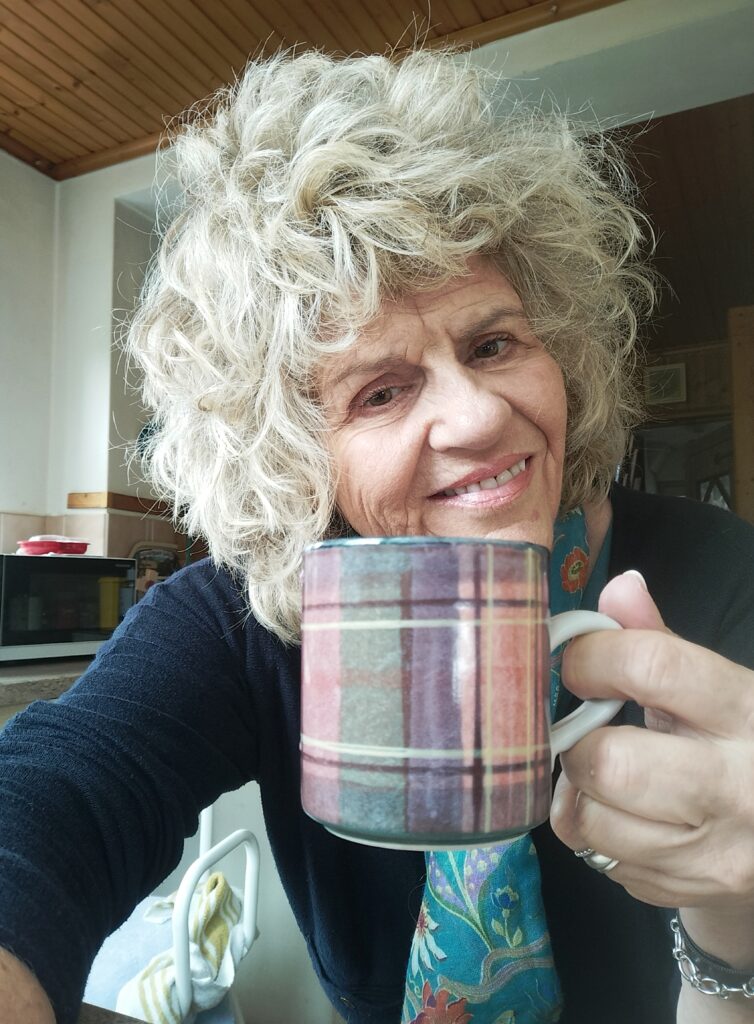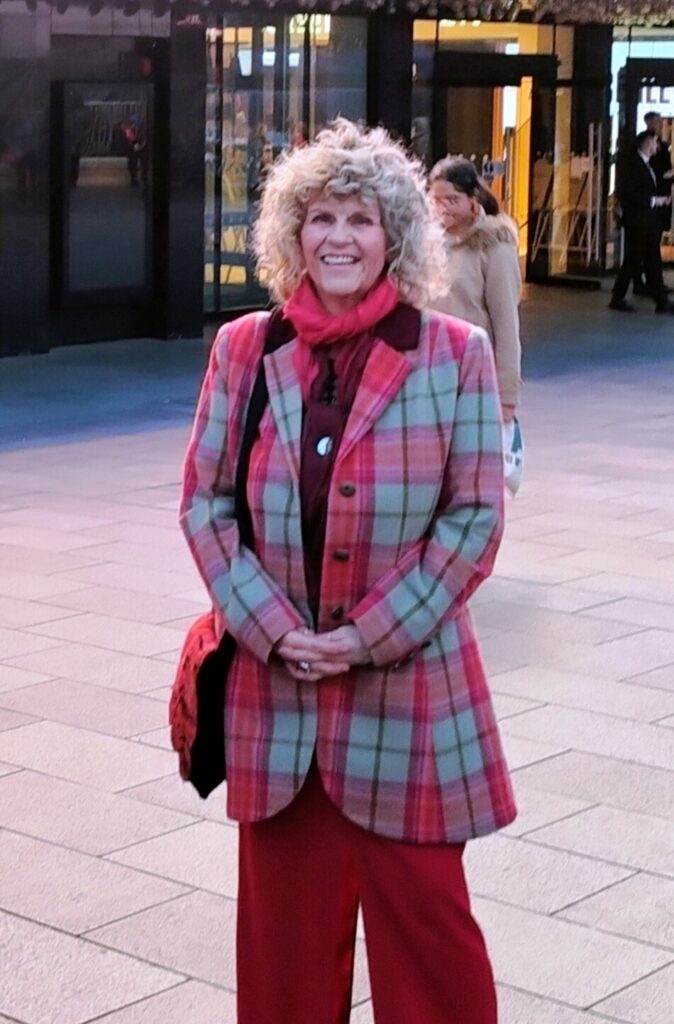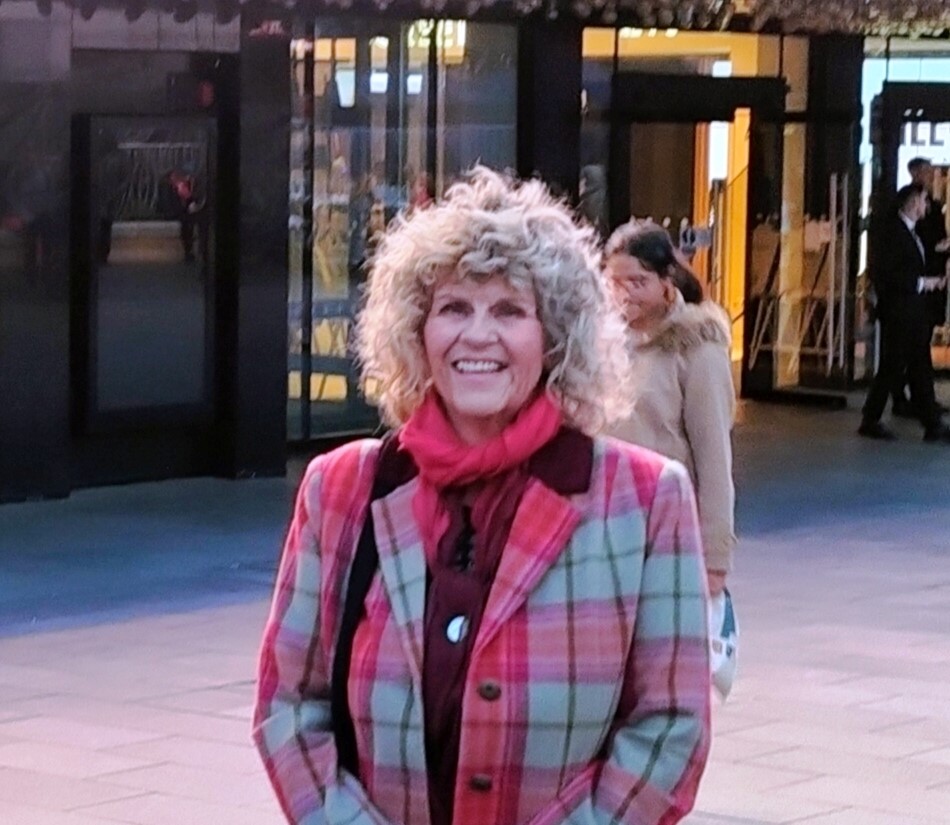
This is what Gail’s nominator said:
“Gail gave me great tips on how to manage my condition. I received information and leaflets which was extremely helpful. We organised a patient conference in Ireland, Gail flew over and gave hope to many of us who had been recently diagnosed. She worked tirelessly despite being a patient herself. Her advice was empathetic yet practical. I am grateful for meeting her, she gave me an honest, no-nonsense approach to the conditions which very much helped me at the time.”
.
.
This is what Gail told us:
What’s your story? Why did you start doing what you’re doing, how long have you been doing it?
In 1993, there was no Pituitary Foundation and I wanted to start up something to support pituitary patients but, this would very much have been, a ‘one-man band’. Contacting the SfE, I was invited to the National Launch on 23rd November 1994 and remember sitting in an ante-room with 5 other patients chatting about how to get local support groups off the ground. I naively said “I’m happy to co-ordinate”. Fatal last words! I became a trustee and as a volunteer took on the role of National Co-ordinator helping to kick-start 28 support groups around the UK and Southern Ireland.
Why you got involved?
I remember the awful experience (understatement) happening over several years leading up to me diagnosing myself as a pituitary patient. My personal ‘hell’ whilst thinking I was going bonkers; my GP only suggesting beta blockers and anti-depressants. That was at the end of 1992 and following trans sphenoidal surgery, radiotherapy plus fighting to recover, I just knew other pituitary patients needed support and to know they were not alone. In 1995 the then Portsmouth & Southampton support group launched and together with great committee members over the years, I am proud to still head this as an Area Co-ordinator 29 years later.
What would you like to see happen in The Pituitary Foundation for next 30 years?
If I’m around for another 30 years, it would be great to have more local support groups and the necessary championing of these groups. The Foundation’s history with LSGs shows this to be an integral element for increasing and maintaining the vital local link with pituitary patients. An amazing achievement to go down in history would be an Epipen type device for adrenal insufficient patients in the event of an emergency!









